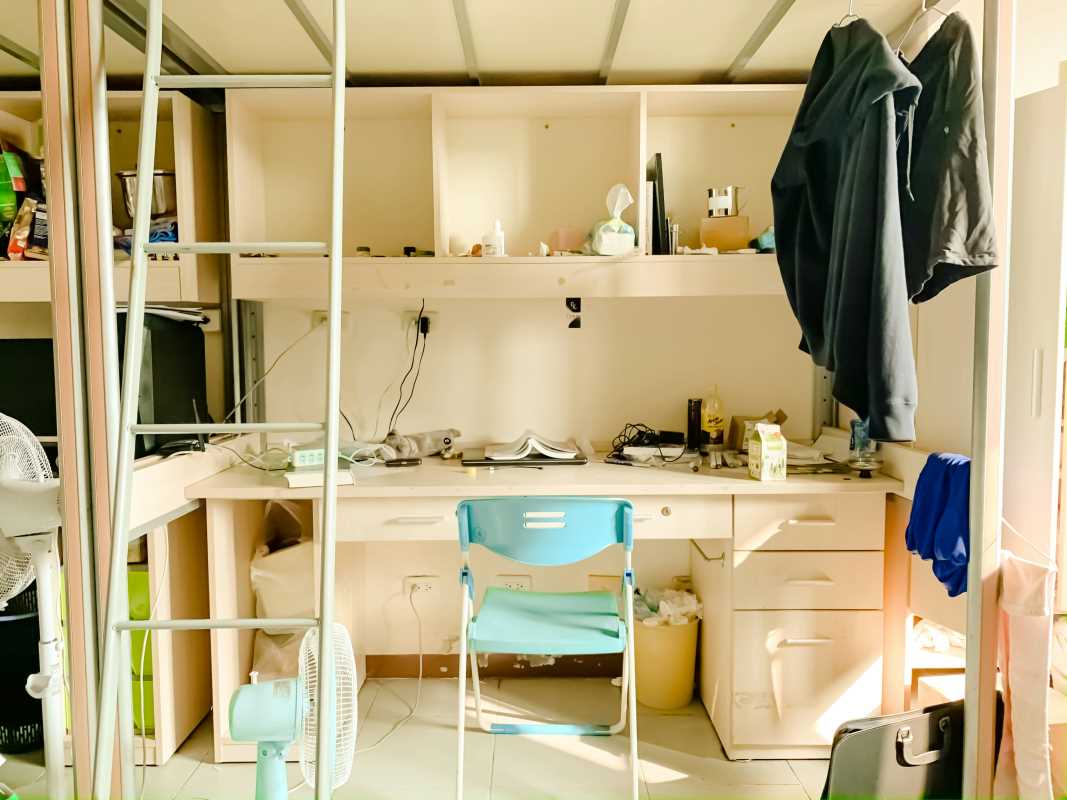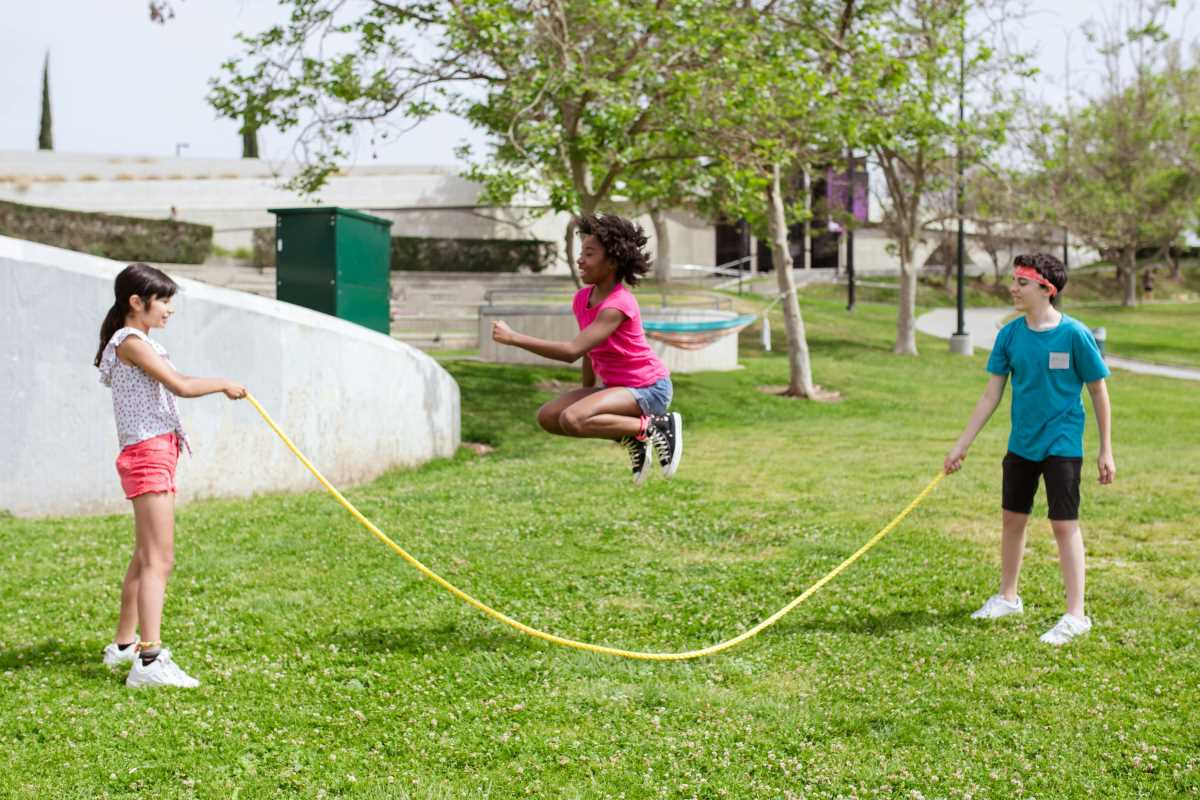Navigating the teenage years can feel like a whirlwind for both parents and teens. Between school, social lives, and extracurricular commitments, it’s easy to get overwhelmed. One way to provide stability and set your teen up for success is by helping them develop effective study habits. Strong study routines build confidence, lower stress levels, and foster long-term academic success. Here’s a practical, step-by-step guide to support your teen in building habits that stick.
Create a Dedicated Study Space
Where your teen studies can have a significant impact on how well they focus and absorb information. A quiet, organized space signals to their brain, “It’s time to focus,” and reduces the urge to procrastinate. Work together with your teen to create a study environment specifically tailored to their needs.
- Pick the Right Spot - Choose a location that minimizes distractions but is still within reach of the rest of the family. For example, a corner of the dining room or a desk in their bedroom can work well. Avoid places like the bed, which might make your teen too comfortable and tempt them to nap instead of study.
- Organize the Essentials - Keep the space stocked with all necessary supplies, like pens, pencils, paper, highlighters, and a calculator. Also, ensure your teen has access to charging cords for their devices and adequate lighting. This eliminates the need to disrupt a study session to search for missing items.
- Limit Distractions - Encourage your teen to leave their phone in another room or use apps designed to block notifications. If you live in a busy household, noise-canceling headphones can help them zone in on their work.
Personalization Matters
Allow your teen to add their own touch to the space with things like a small plant, a motivational poster, or even a favorite chair. When it feels like “their” space, they’re more likely to use it consistently.
Establish a Consistent Schedule
Teenagers thrive on routine, even if they won’t admit it. A consistent schedule for studying makes the process feel predictable and manageable, turning it into a habit rather than a chore.
Timing Is Key
Help your teen identify their most productive hours. Some teens focus better in the afternoons right after school, while others might find they’re night owls who prefer working later. Once you know when they work best, align study blocks with those times.
- Use Tools for Planning
- Introduce your teen to planners, both physical and digital. Apps like Google Calendar or Notion are great for mapping out daily and weekly tasks. Encourage them to color-code assignments by subject or priority level.
- Roll With Changes
- If life gets busy with sports, clubs, or other commitments, adjust the schedule rather than abandoning it entirely. Shorter, flexible study sessions can still make a big difference.
Real-Life Example
Suppose your teen has soccer practice until 6 p.m. three nights a week. On those days, they might dedicate 20 minutes before dinner to review notes and spend an hour later in the evening tackling homework. Breaking up study time like this ensures they stay on track without feeling overburdened.
Encourage Goal Setting
Goals give your teen direction and a sense of accomplishment. When study sessions start with clear objectives, your teen is less likely to feel aimless or overwhelmed.
- Start Small - Teach your teen to set specific, manageable goals for each session. For instance, instead of “study math,” the goal could be “complete five algebra problems and review the last quiz.”
- Build Toward Bigger Goals - Help them break larger projects, like a research paper, into smaller tasks. If the paper is due in two weeks, they might focus on choosing a topic and gathering resources during the first few days, drafting paragraphs the next week, and editing during the final days.
- Celebrate Achievements - Recognizing progress, no matter how small, is key. For example, celebrate when they finish a tough chapter or improve their test grade. Rewards can be as simple as extra screen time, a favorite snack, or even verbal praise.
Teach Self-Reflection
Encourage your teen to assess whether their goals are realistic and adjust them as needed. Did they underestimate the time required for an assignment? What could they do differently next time? This reflection builds problem-solving skills and resilience.
Foster Independence and Accountability
It’s natural to want to step in and help, particularly if your teen seems to be struggling. But micromanaging every aspect of their study habits can backfire, leaving them dependent on you. Helping them take ownership of their work is essential.
- Set Expectations - Make it clear you expect them to balance their responsibilities but also that you trust them to figure out how. For instance, rather than checking over their homework every night, focus on teaching them how to review it themselves.
- Guide, Don’t Hover - If your teen misses a deadline, resist the urge to solve the problem for them. Instead, sit down together and discuss what went wrong. Perhaps they need better time management or didn’t understand an assignment. Offer to brainstorm solutions, like using reminder apps or asking for help from a teacher.
The Value of Natural Consequences
Allowing teens to experience the natural consequences of their actions teaches them accountability. If they skip studying and receive a poor grade, they’re likely to take things more seriously next time.
Breaks Matter
Studying for hours on end can drain your teen’s energy and make them less productive. Short, intentional breaks can refresh their mind and enhance learning.
- Work Smarter, Not Longer - Introduce your teen to the Pomodoro Technique, where they work for 25-minute intervals followed by a 5-minute break. After four cycles, they get a longer 15-30 minute break. This method increases focus while making study sessions feel less daunting.
- Opt for Active Breaks - Encourage physical activity during downtime, like stretching, walking, or even shooting hoops in the driveway. Physical movement stimulates the brain and helps reduce mental fatigue.
Caution Against Passive Breaks
Scrolling through TikTok or gaming during breaks can accidentally stretch into wasted hours. Set clear boundaries for break activities to ensure they truly recharge.
Model Positive Habits
Your teen is watching! Whether you’re aware of it or not, they pick up on how you handle your own responsibilities. Modeling positive habits can inspire them to follow suit.
- Share Your Strategies - If you use a planner or break big tasks into smaller steps, demonstrate it. You might say, “I have three reports to finish. I’m going to spend 30 minutes on each so I stay focused.”
- Lead by Example - Set aside your own “quiet time” during which you read, plan, or tackle a project. This signals that focused work isn’t just something you’re insisting on for them but an essential life skill.
Create a Study Culture
Consider making focused work time a household activity. Younger siblings can work on simple tasks like puzzles or coloring while your teen studies. Seeing everyone focused helps normalize the behavior.
Praise Effort Over Perfection
Teens often feel immense pressure to excel in school. Remind them that growth matters more than getting everything right the first time.
- Help Them Reframe Mistakes - When they don’t get the grade they hoped for, frame the situation as a learning opportunity. Ask questions like, “What could you do differently next time?” or “How can I support you?”
- Recognize Hard Work - While earning an A is great, the effort behind it is what deserves acknowledgment. Phrases like “I saw how much time you spent studying, and I’m proud of you,” can motivate your teen to keep pushing forward.
Balance Feedback
Avoid over-praising, as teens can quickly detect insincerity. Instead, provide balanced feedback that acknowledges both successes and areas for improvement.
Open Lines of Communication
A strong parent-teen relationship is the foundation for effective problem-solving when challenges arise. Creating a safe space for dialogue is essential.
- Ask Open-Ended Questions - Instead of “Did you finish your homework?” try asking, “How’s the project for history class going?” This shows genuine interest and invites discussion.
- Be a Problem-Solving Partner - When your teen feels stuck, resist the urge to take over. Instead, ask guiding questions like, “What are your options?” or “What steps have you already tried?”
Stay Judgment-Free
If they admit to procrastination or struggling with a subject, avoid harsh criticism. A supportive and understanding tone makes them more likely to seek help next time.
Helping your teen build effective study habits is an ongoing process, not a one-time fix. It involves trial and error, adjustments, and patience. Start small, focusing on one or two strategies that feel most impactful, and build from there. With your guidance and encouragement, your teen can develop the skills needed to tackle academic challenges with confidence and independence.







